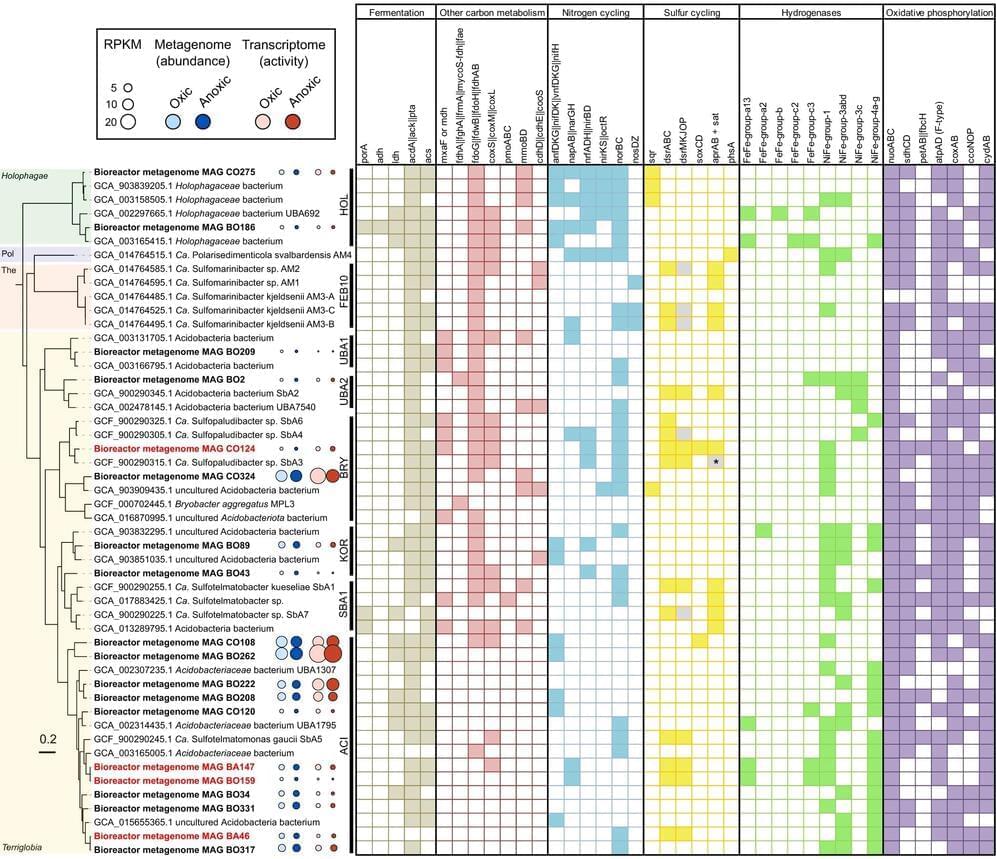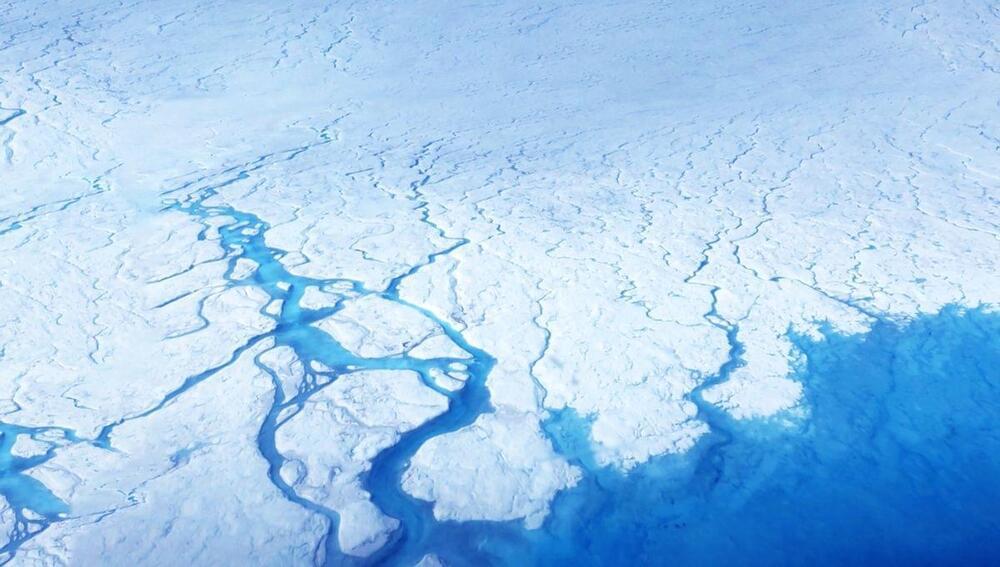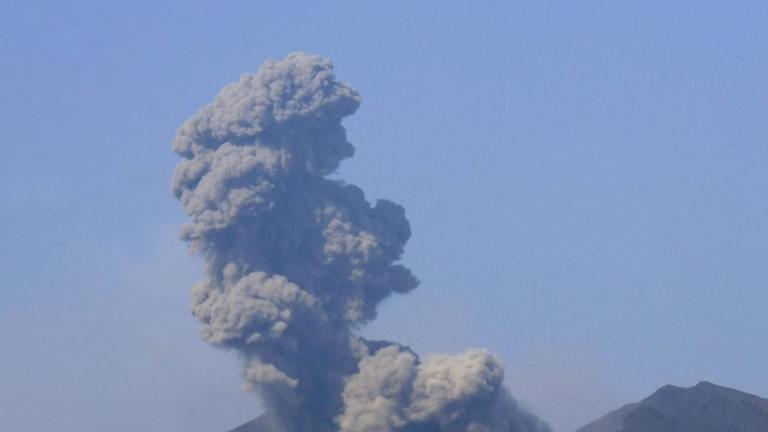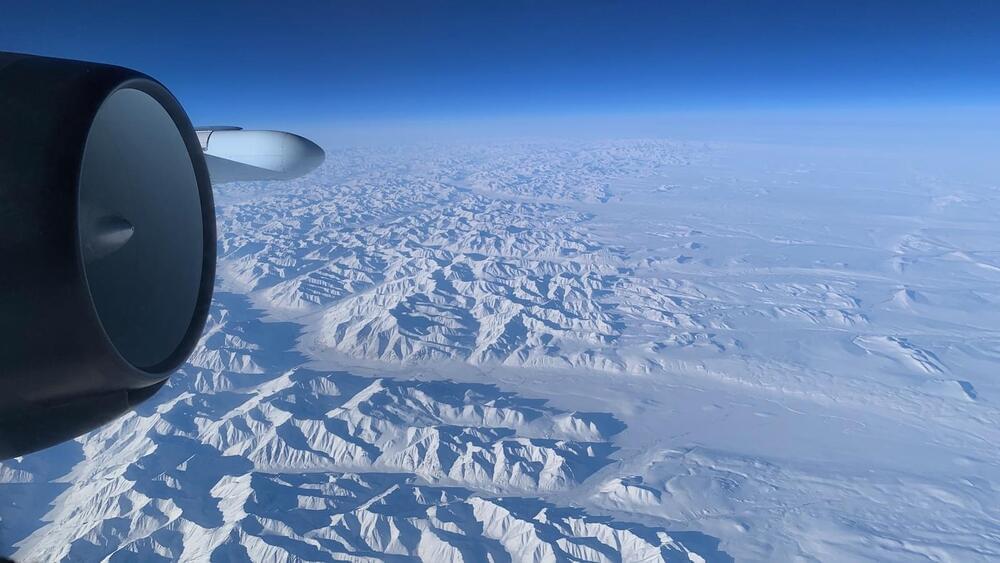Nov 6, 2023
Historical trends demonstrate a pattern of increasingly frequent and severe spillover events of hiconsequence zoonotic viruses
Posted by Saúl Morales Rodriguéz in categories: biotech/medical, climatology, health
The COVID-19 pandemic has focused attention on patterns of infectious disease spillover. Climate and land-use changes are predicted to increase the frequency of zoonotic spillover events, which have been the cause of most modern epidemics. Characterising historical trends in zoonotic spillover can provide insights into the expected frequency and severity of future epidemics, but historical epidemiological data remains largely fragmented and difficult to analyse. We utilised our extensive epidemiological database to analyse a specific subset of high-consequence zoonotic spillover events for trends in the annual frequency and severity of outbreaks. Our analysis, which excludes the ongoing SARS-CoV-2 pandemic, shows that the number of spillover events and reported deaths have been increasing by 4.98% (confidence interval [CI]95% [3.22%; 6.76%]) and 8.7% (CI 95% [4.06%; 13.62%]) annually, respectively. This trend can be altered by concerted global efforts to improve our capacity to prevent and contain outbreaks. Such efforts are needed to address this large and growing risk to global health.

















